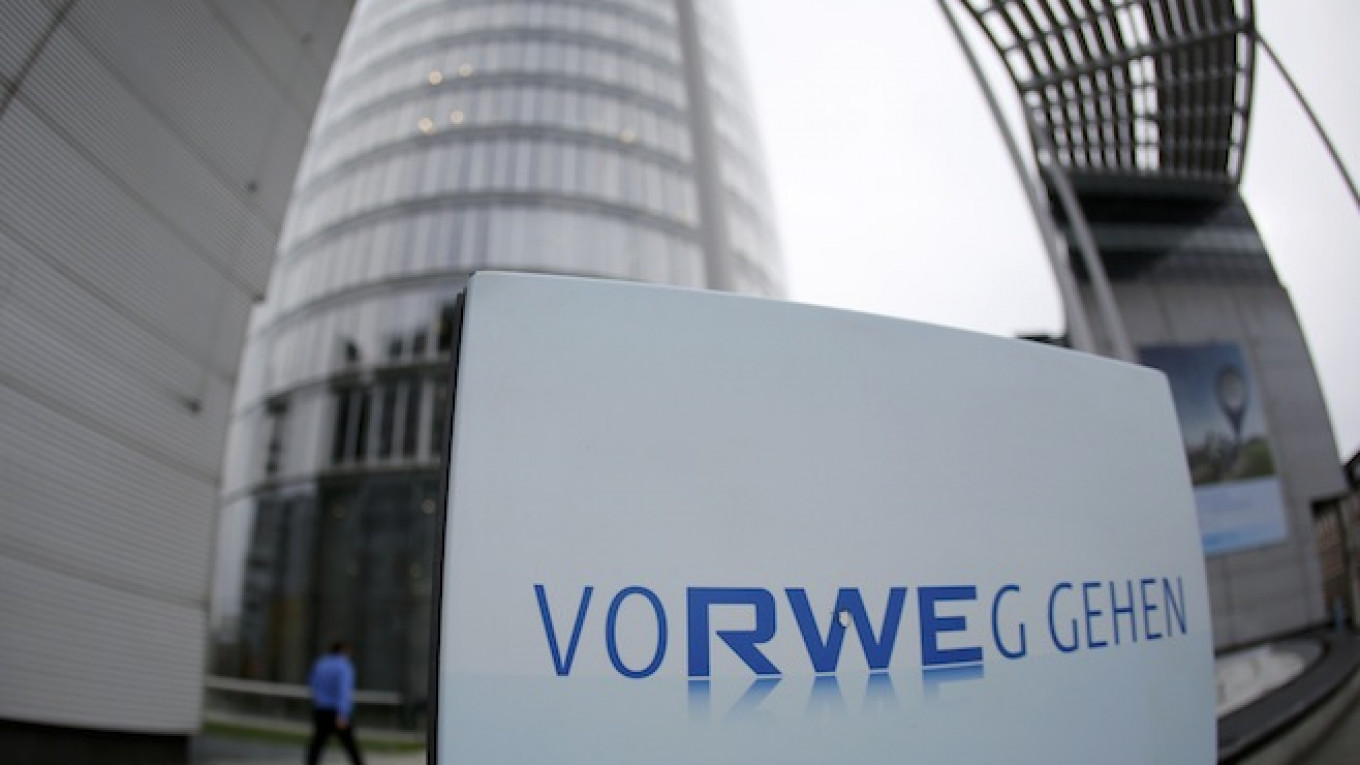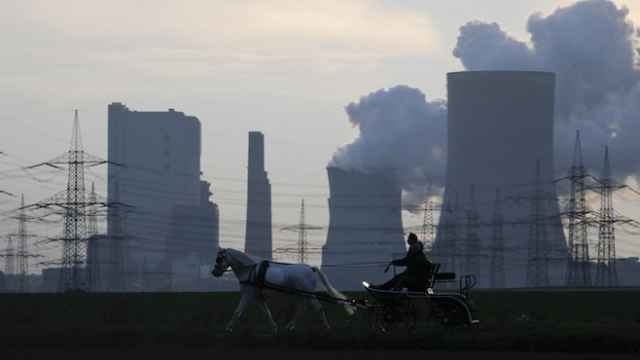German utility RWE's sale of its oil and gas business DEA to Russian billionaire Mikhail Fridman may take longer than expected, adding to uncertainty over the fate of the 5.1 billion euro ($6.4 billion) deal.
The transaction, announced in March, coincided with sanctions being imposed on Russia for its role in the Ukraine crisis. This could complicate the sale process, which requires approval from the 14 countries where DEA operates.
Last month, a source familiar with the matter said British Energy Secretary Ed Davey was "not minded" to sign a letter of assurance on the deal in light of the sanctions against Russia.
"We are still working very hard to close the transaction as soon as possible but there are some third-party approvals still outstanding," Chief Financial Officer Bernhard Guenther said Thursday. "So at this point in time it's really hard to say if we will successfully finish those talks before year-end."
Britain accounts for about a fifth of DEA's gas production and analysts have put the value of its British business at about 1 billion euros.
"The whole deal drags on and on and there's no real insight as to how things will progress," a Frankfurt-based trader said.
The sale of DEA is a big part of RWE's efforts to cut its 30.71 billion-euro debt partly by selling assets that are no long part of its main business so it can invest instead in new areas, including renewable energy.
RWE's shares were down 2.5 percent at 0931 GMT, the biggest faller among European utilities.
DEA owns stakes in about 190 oil and gas licenses or concessions in Europe, the Middle East and North Africa.
Essen-based RWE, Germany's No.2 utility, also said its operating profit fell 31 percent to 2.91 billion euros in the first nine months of the year, partly from tumbling power prices and mild temperatures that have hit the utility industry across Europe.
In France, GDF Suez on Thursday cut its earnings guidance for this year, blaming a series of outages of its Belgian nuclear reactors and warm weather in Europe.
A Message from The Moscow Times:
Dear readers,
We are facing unprecedented challenges. Russia's Prosecutor General's Office has designated The Moscow Times as an "undesirable" organization, criminalizing our work and putting our staff at risk of prosecution. This follows our earlier unjust labeling as a "foreign agent."
These actions are direct attempts to silence independent journalism in Russia. The authorities claim our work "discredits the decisions of the Russian leadership." We see things differently: we strive to provide accurate, unbiased reporting on Russia.
We, the journalists of The Moscow Times, refuse to be silenced. But to continue our work, we need your help.
Your support, no matter how small, makes a world of difference. If you can, please support us monthly starting from just $2. It's quick to set up, and every contribution makes a significant impact.
By supporting The Moscow Times, you're defending open, independent journalism in the face of repression. Thank you for standing with us.
Remind me later.






